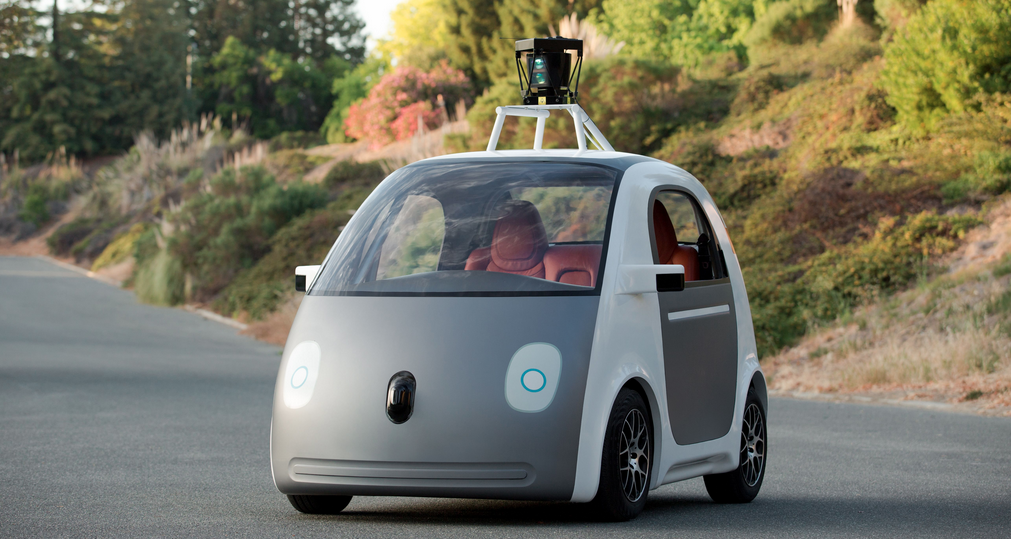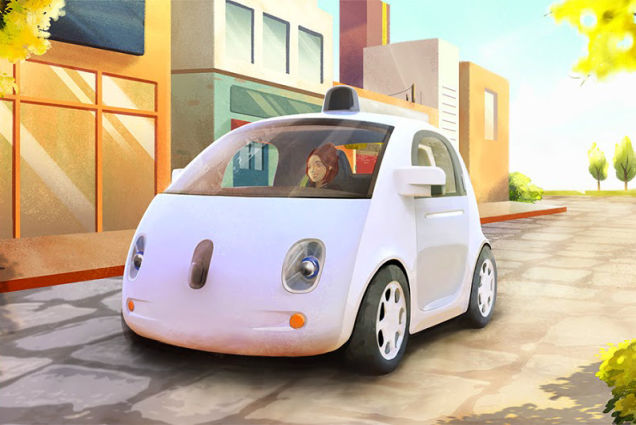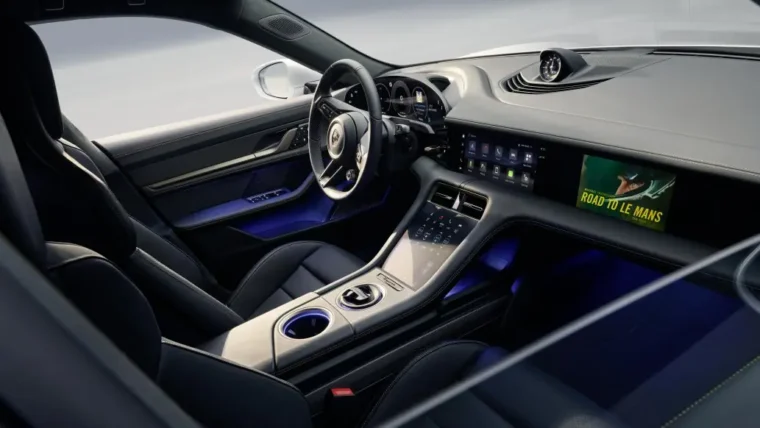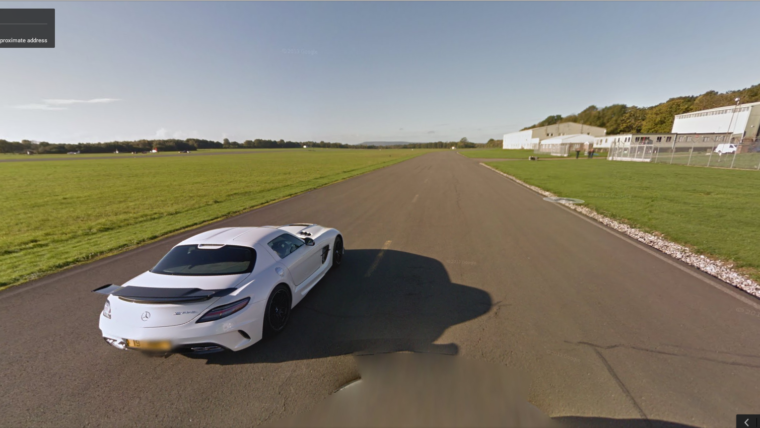Ask any motoring enthusiast and they’d tell you that driving is the last task that should be automated. However, Google thinks otherwise as they’ve unveiled their latest autonomous car that has no steering wheel, brake or even an accelerator pedal. Folks, welcome to the future, where an autonomous driverless car may rule the world and may cause all things we all love about cars to become irrelevant.
Judging from the images, it does look like a toy car, unlike the Prius hybrids tested by Google previously. The company claimed they designed the car from scratch, interpreting their vision of moving from point A to point B, with no interactions with the car (apart of keying the destination). What’s inside is an electric drivetrain that has a top speed of 40km/h (no, not typo). It will make commuting so easy that all the passenger (since there is no driver in this context) needs to do is to key in the destination on the car’s screen and the car will travel to the destination.
“They won’t have a steering wheel, accelerator pedal, or brake pedal… because they don’t need them. Our software and sensors do all the work,” said Google’s Chris Urmson.
Google has put major emphasis on safety, where this car has defensive driving capabilities, such as driving away from blind spots, avoiding obstacles, stopping when the traffic lights turn red and so on. They believe by having a car capped with a top speed of 40km/h means minimal damage during accidents. The windshield is flexible and the front end is made of foam, putting the safety of pedestrians in mind.
Before petrolheads start to flip the tables with anger, hang on as Google revealed they are still in the testing stage, with 100 of these prototypes to be built, and testing will resume for a couple of years. Google is also set to work closely with their partner, Uber on this. Google also has no intention of building and selling its own autonomous car, at least for now.
Here a video from Google, showcasing their self driving car to the public and how the people perceive it. Personally we think while it may benefit the elderly, but as what research firm, IHS, quoted that self-driving cars could start hitting highways by 2025 and number as many as 35 million globally by 2035.
[Source: Google]
Other posts by AF Newsdesk








